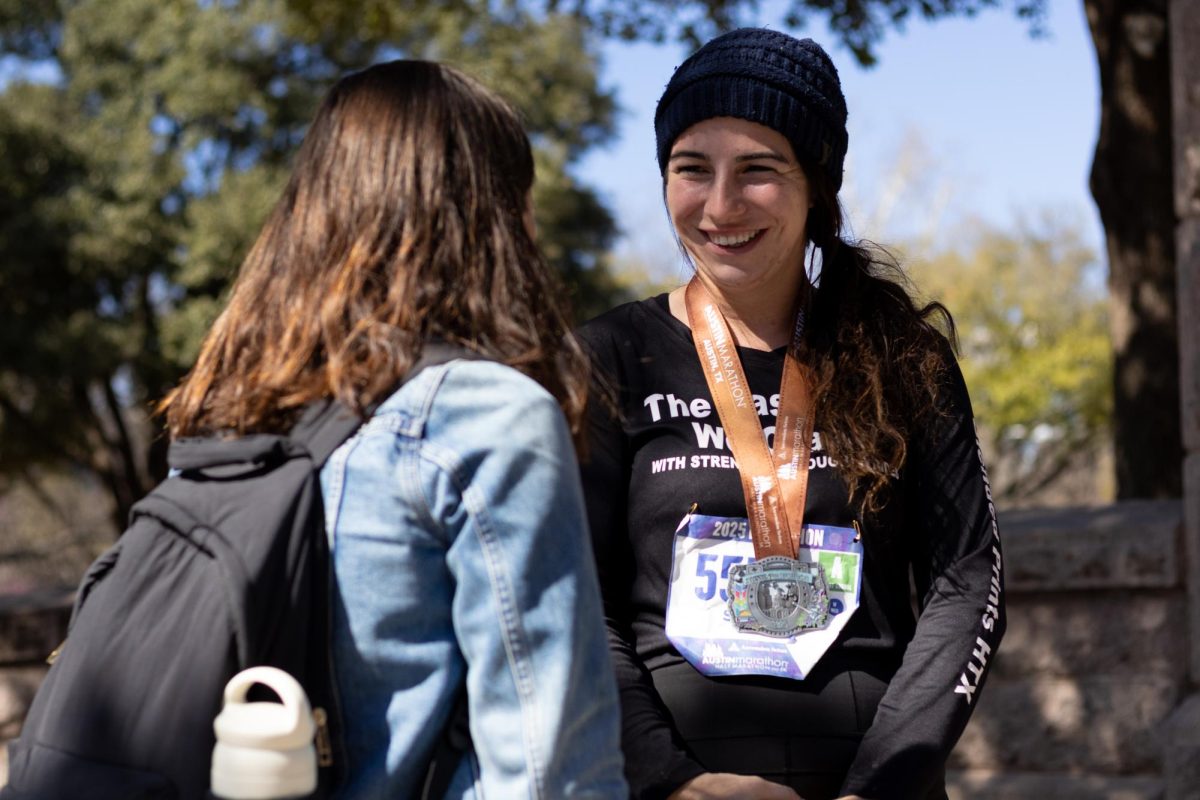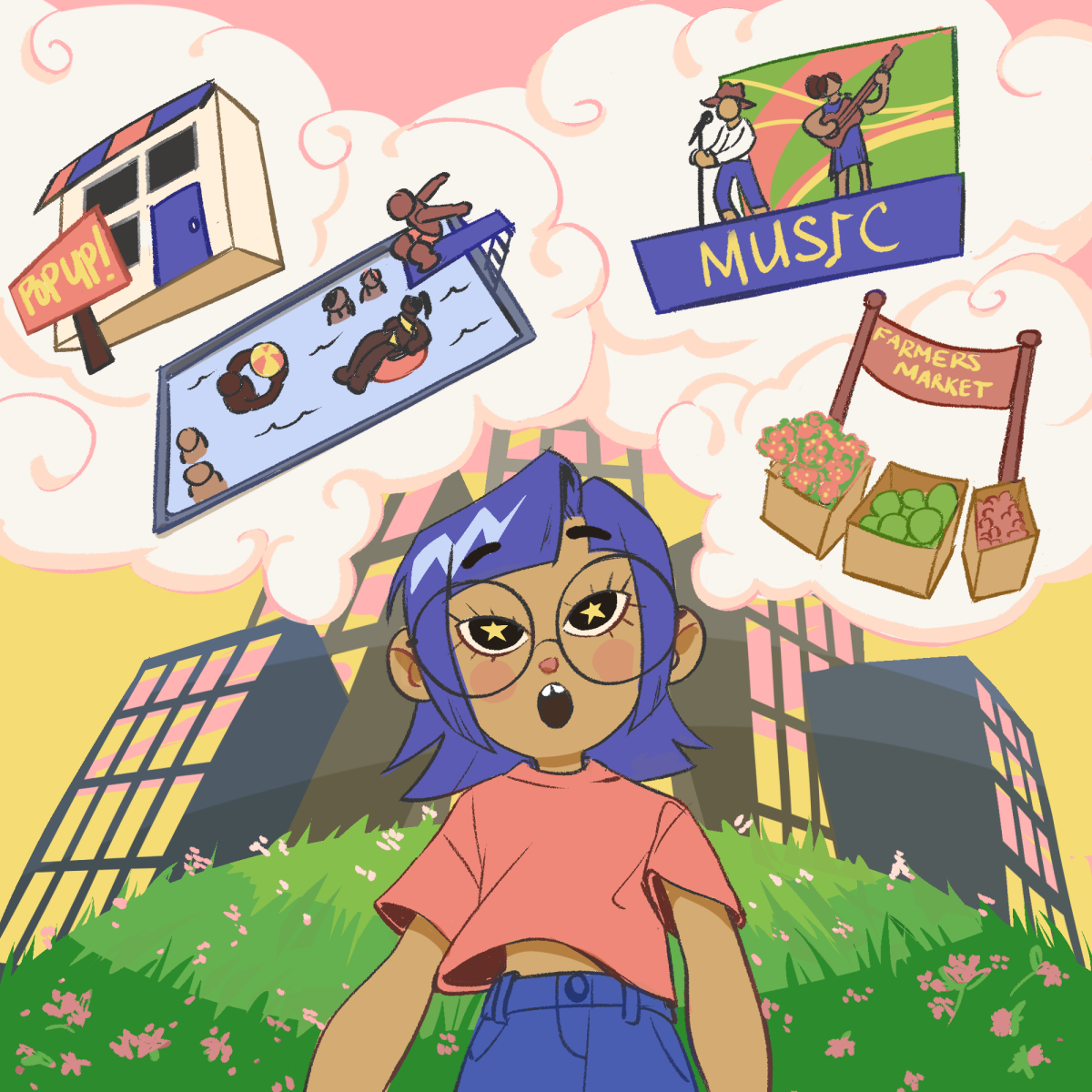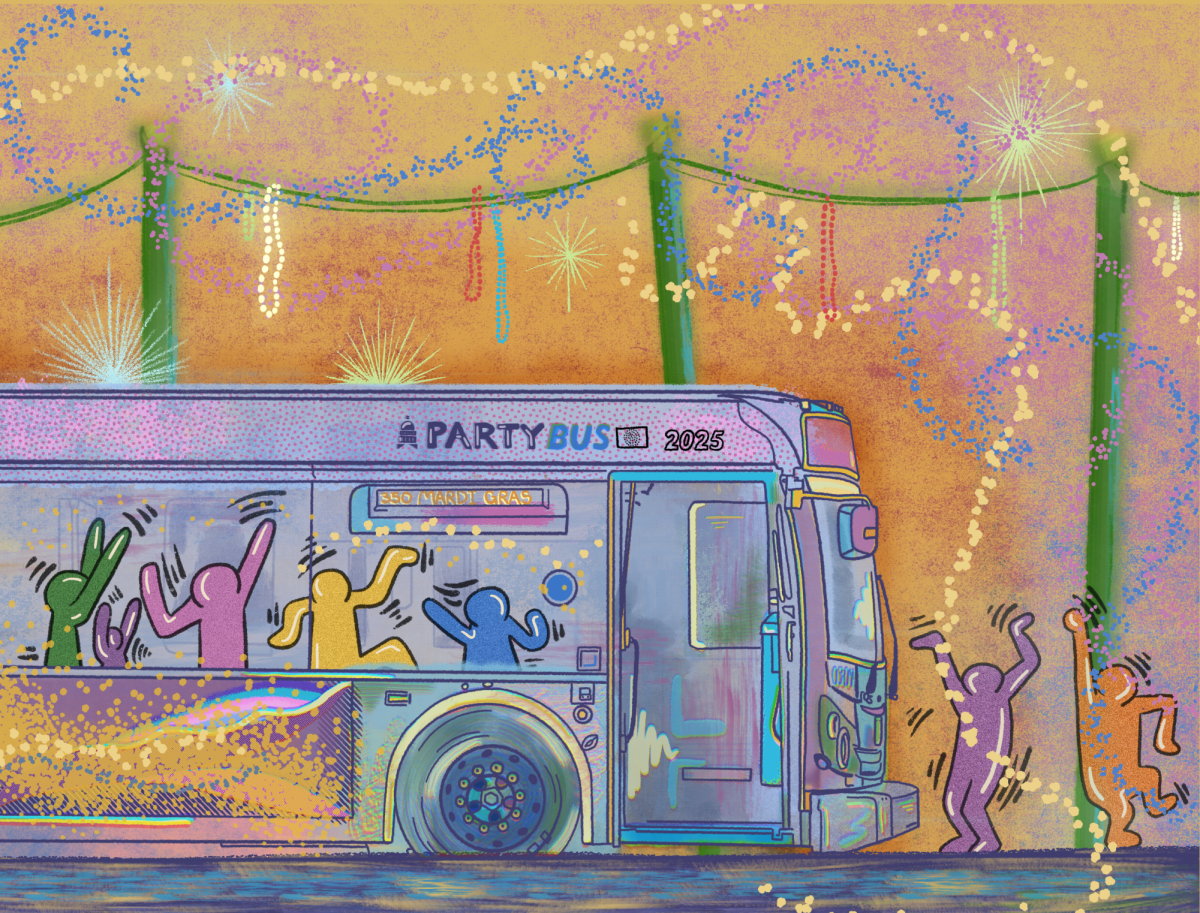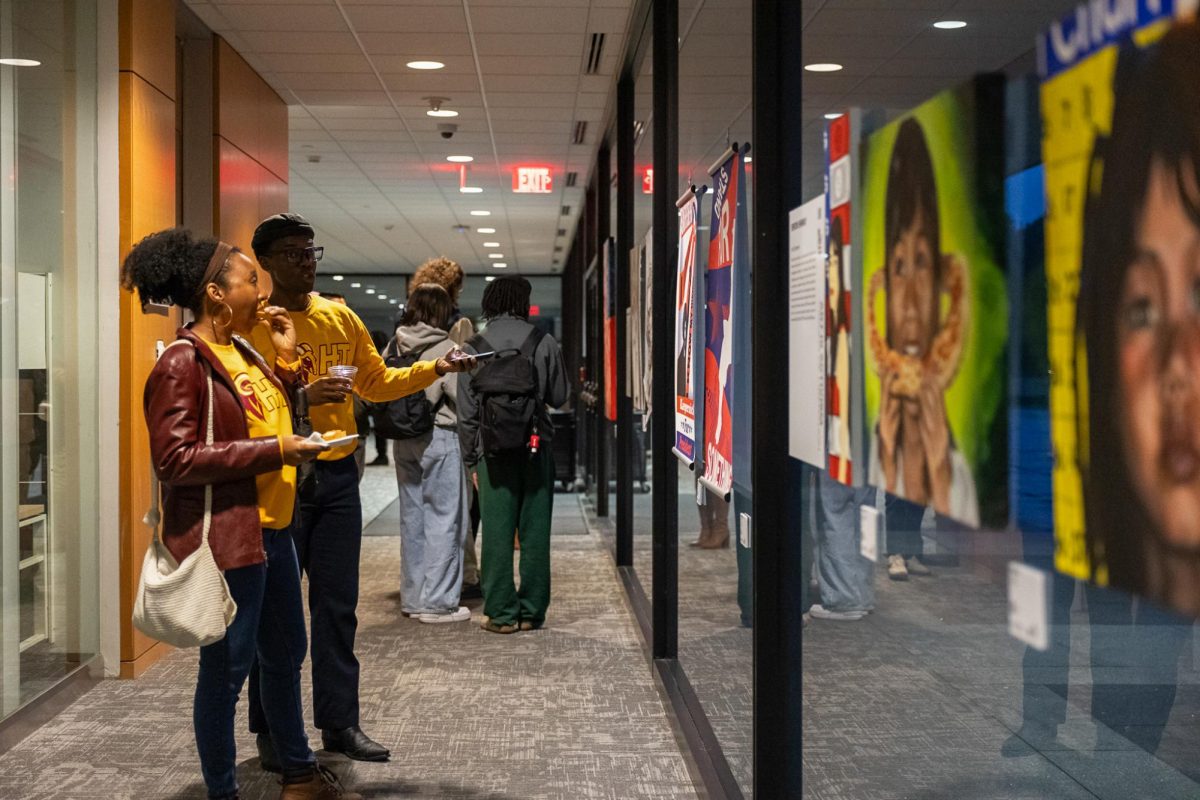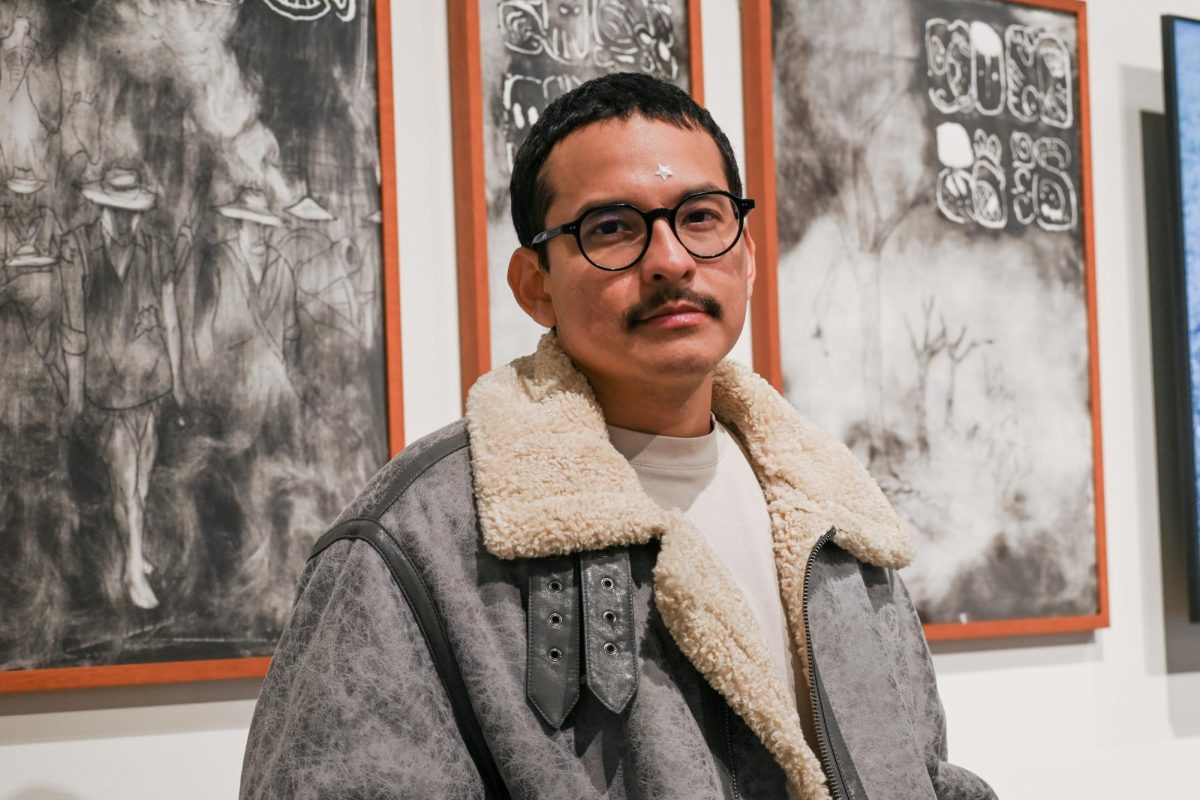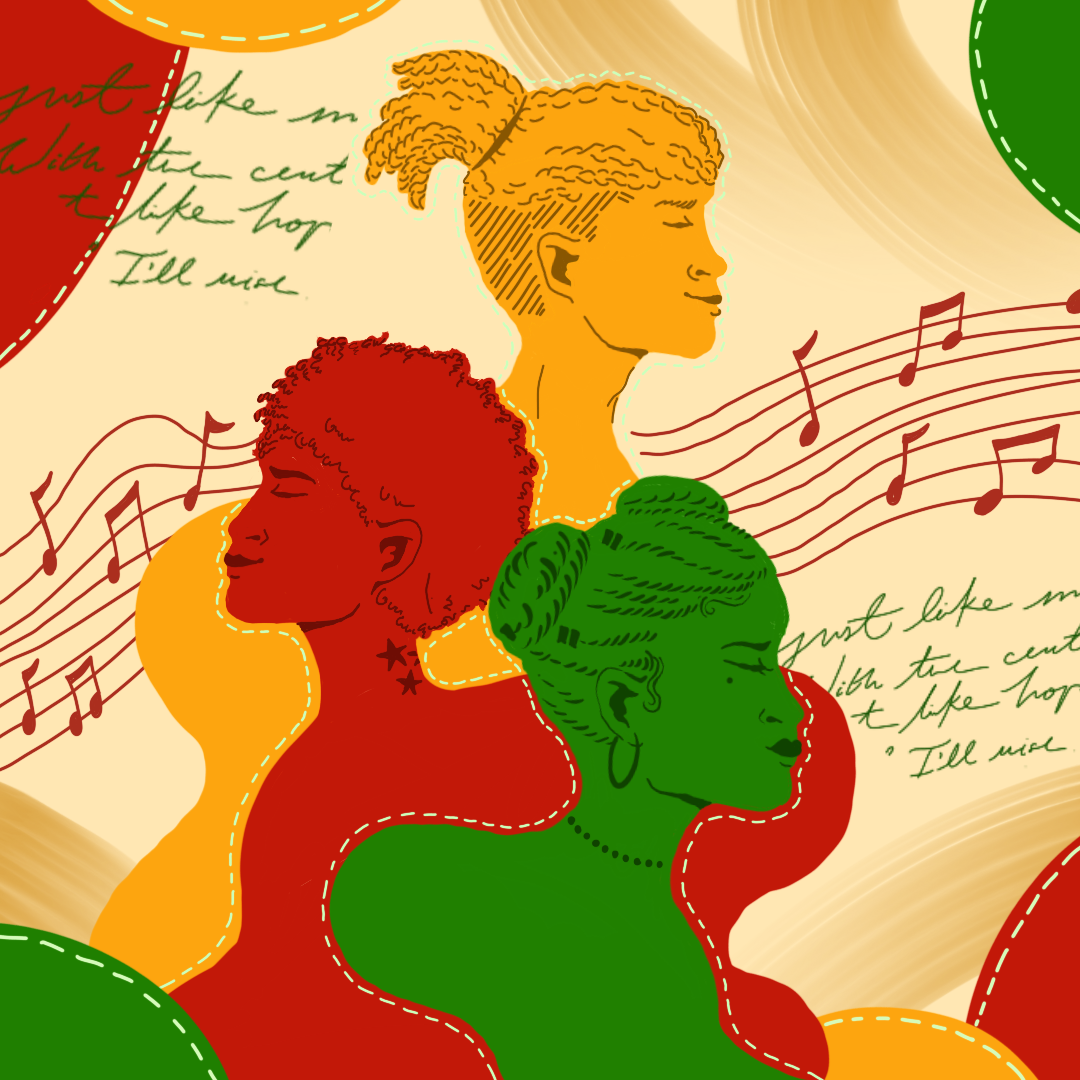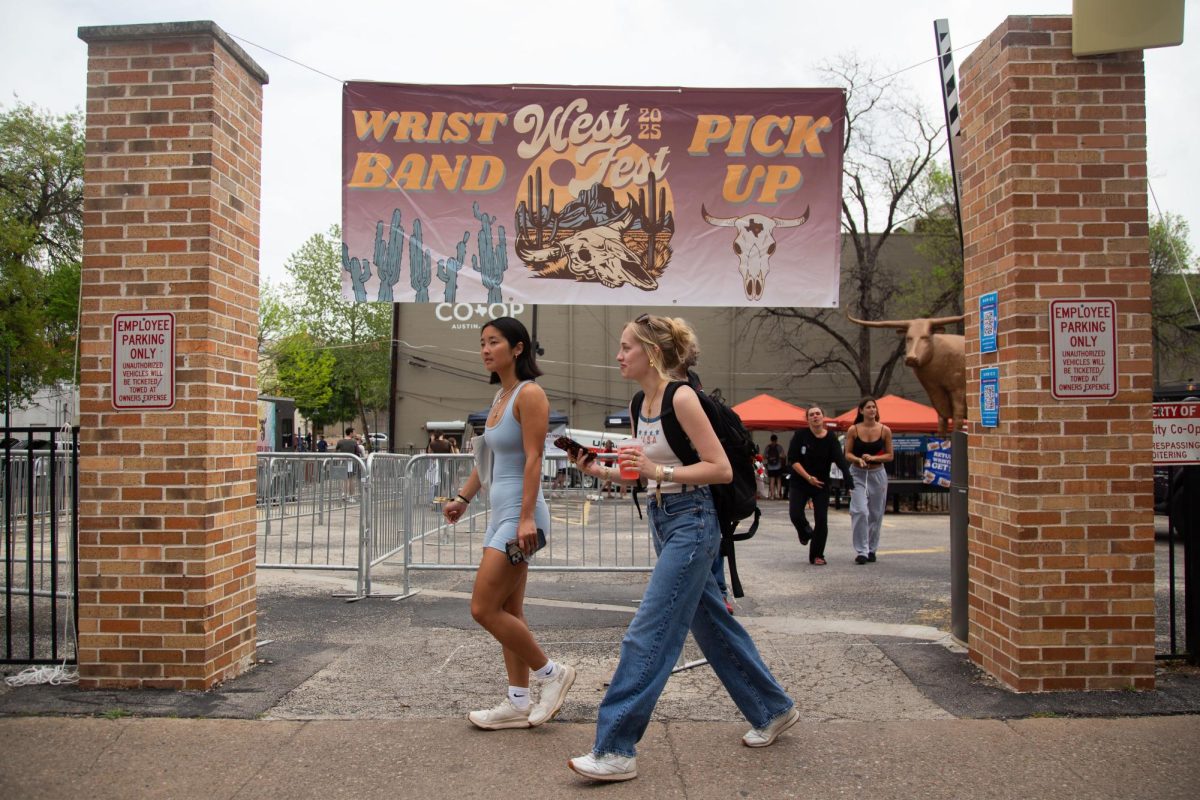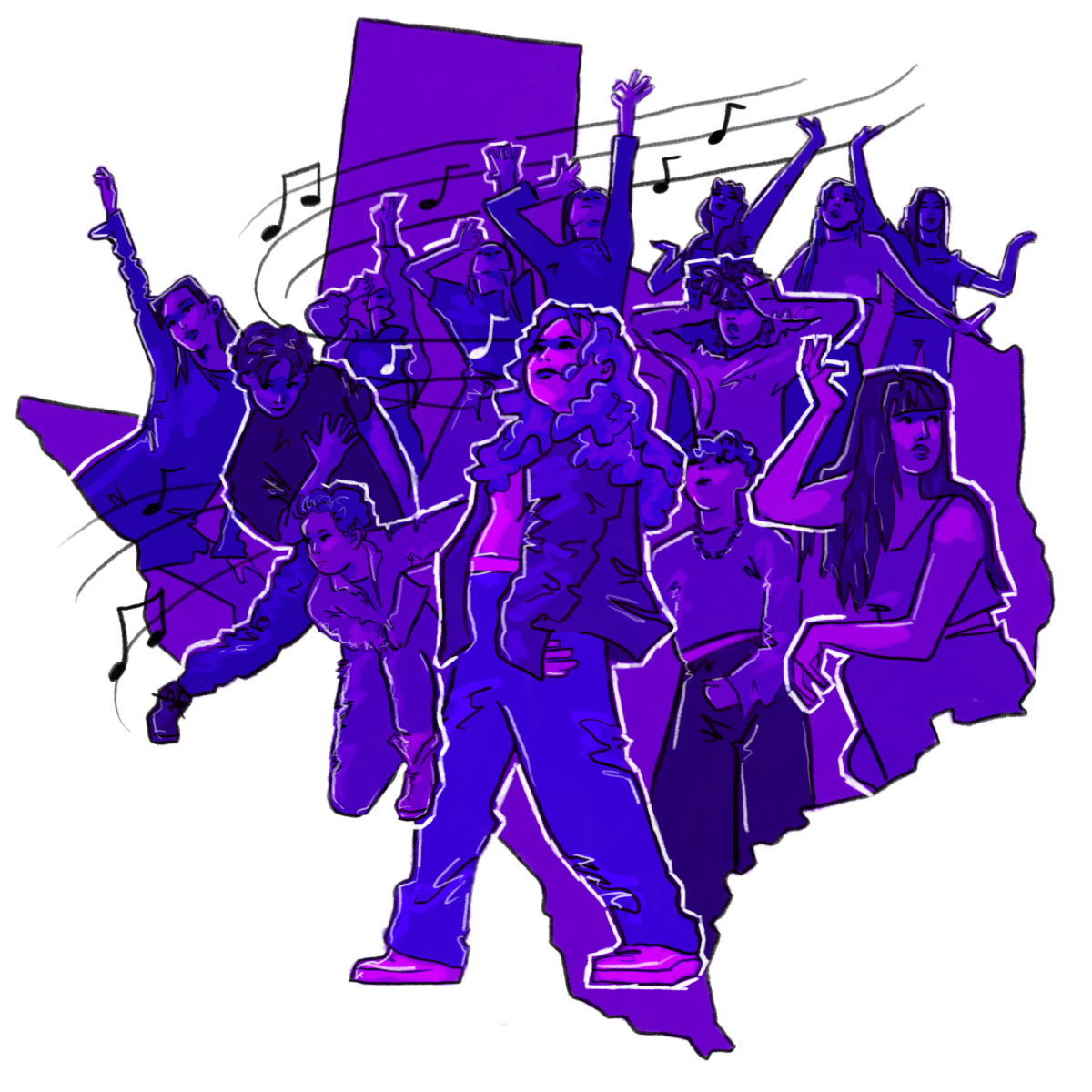Content warning: This article contains mention of sexual assault.
With each painful step on her hands and knees, Summer Willis turned endurance into advocacy. The UT English alumna completed the Austin Half Marathon by crawling, using the symbolic journey to raise awareness for upcoming Texas legislative bills aimed at defining consent and abolishing statutes of limitations for rape cases.
After crawling 13.1 miles, Willis stood up and finished the full marathon in 32 hours. She dedicated the effort to survivors.
“I started to reflect on what it’s been like as a survivor this past decade,” Willis said. “And although I don’t like to admit it, crawling was the word that stood out to me as the ultimate metaphor.”
No stranger to endurance challenges, Willis ran 29 marathons in a single year to raise awareness about sexual assault. This time, instead of running, she battled exhaustion and injury on her hands and knees.
“I ended up not meeting my original goal, which was the whole marathon,” Willis said. “I felt like I was reliving everything in this vulnerable position. It was the hardest thing I’ve ever attempted in my life, and I don’t think I realized just how hard it would be.”
At 2 a.m., Willis said she hit her lowest point after 22 hours on the course.
“I reflected on the back of my shirt: There’s strength in crawling,” Willis said. “I had to give myself permission to finally stand up and be strong.”
By morning, Willis reached the 13.1-mile mark, right across the street from where she was assaulted years earlier.
“I was (standing) beside my husband, knowing I was going to accomplish this in a different way — perhaps an even better way,” Willis said.
At the finish line, her supporters joined Willis, including Texas legislators who ran the final stretch with her, showing their support for stronger protections for sexual assault survivors. Rep. Donna Howard said Willis’ journey reflects the ongoing fight for legal change.
“Crossing that finish line with Summer felt like she’s now passing the torch to us at the Texas Legislature to protect and empower survivors,” Howard said.
Willis’ advocacy garnered national attention. Shortly after the marathon, she received unexpected news.
“The bill I’ve been fighting for the most — defining what consent is — is now moving forward,” Willis said. “They told me they’re renaming the bill after me, which feels like the biggest honor in the world.”
Willis’ advocacy is a testament to the strength of survivors, said Shirdelle Cummings, the community engagement coordinator at SAFE, an Austin-based nonprofit that has supported victims of domestic violence and sexual assault for over 27 years.
“Don’t count survivors out,” Cummings said. “This is an amazing example of how survivors can do the unimaginable.”
For Willis, her work is not finished. Beyond pushing for legislative change, she is building a support network for survivors through advocacy, storytelling and endurance challenges.
“(I just want to) tell 19-year-old me, ‘Right now, it feels like you can’t take another step, like your life has been taken from you,’” Willis said. “‘But that’s not true. This isn’t the end. You’re going to help people. You’re going to do your small (part) to help change the world.’”

